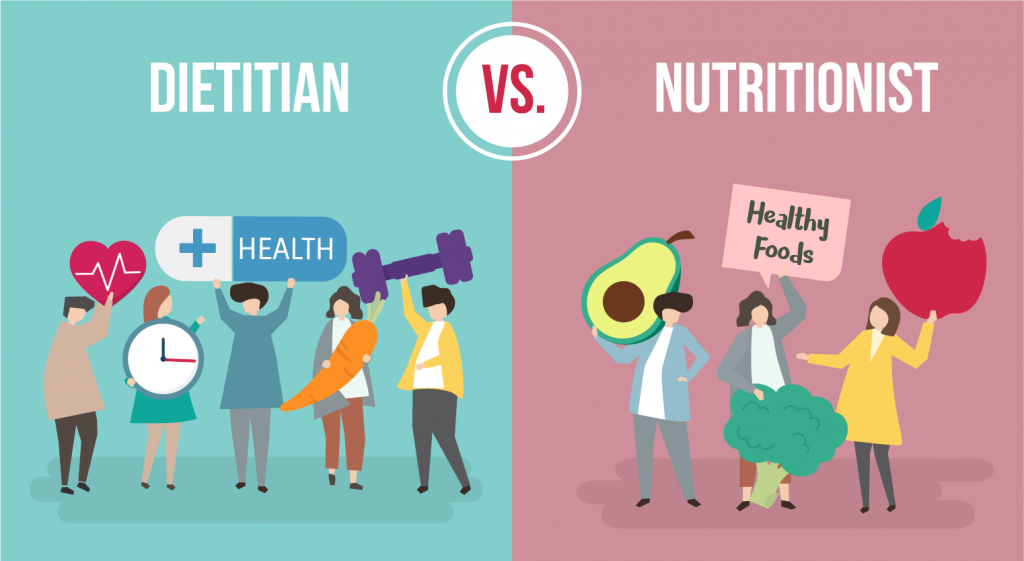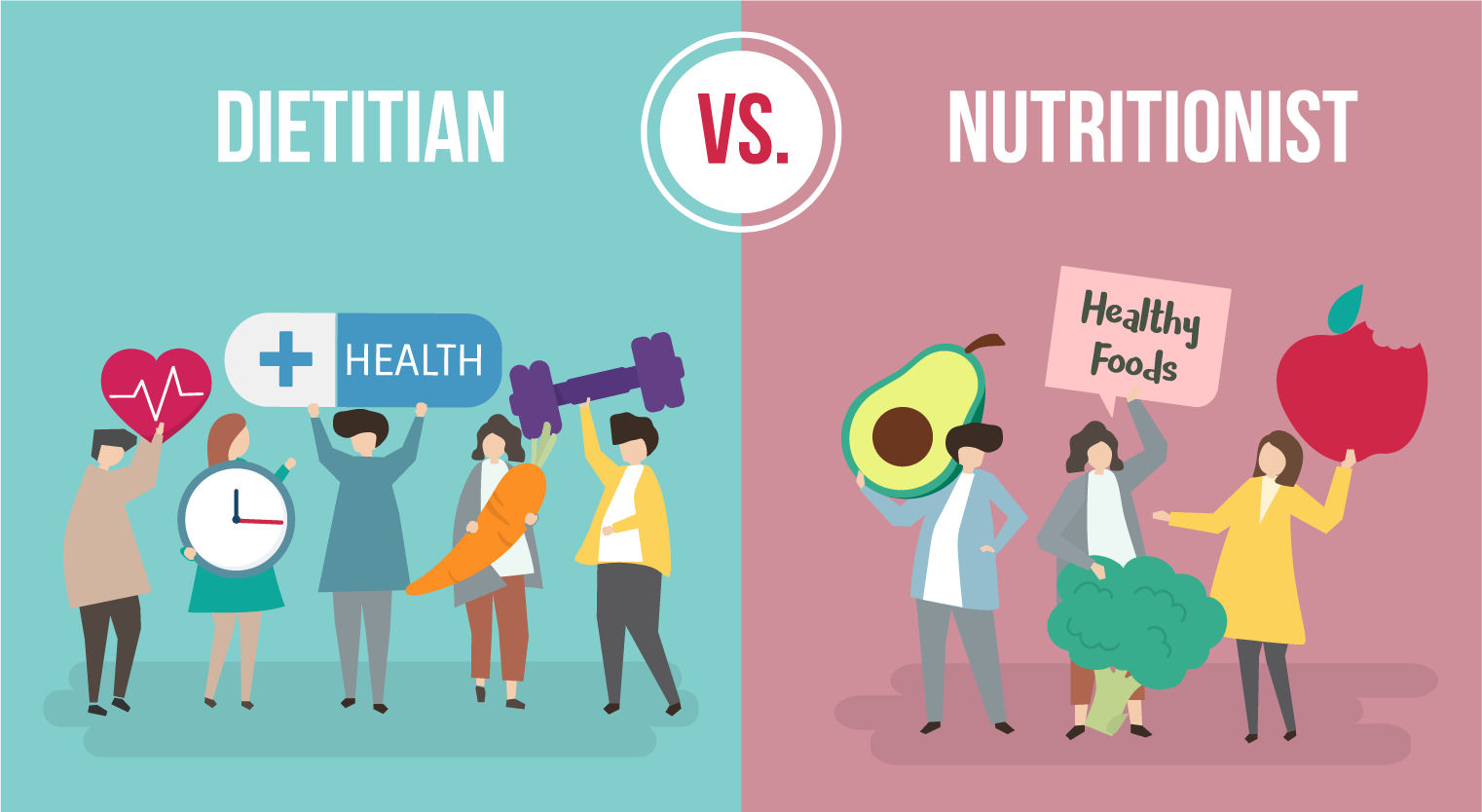The difference between a nutritionist and a dietitian
When it comes to seeking professional guidance for your nutritional needs, you may come across the terms “nutritionist” and “dietitian.” While these terms are often used interchangeably, it’s important to understand the distinctions between the two roles. In this article, we will explore the difference between a nutritionist and a dietitian, shedding light on their qualifications, scope of practice, and areas of expertise. By understanding these nuances, you can make an informed decision about which professional is best suited to meet your specific dietary and nutritional requirements.

The difference between a nutritionist and a dietitian for education and credentials
One of the primary distinctions between a nutritionist and a dietitian lies in their education and credentials. Nutritionists typically hold a bachelor’s degree in nutrition, dietetics, or a related field. While this education equips them with a solid foundation in nutrition science, it is important to note that the title of “nutritionist” is not regulated in all jurisdictions. On the other hand, a registered dietitian (RD) is a licensed professional who has completed a bachelor’s degree in nutrition, followed by a supervised internship program. They must also pass a national examination to become registered and maintain continuing education to stay up to date with the latest research and practices.
Scope of Practice
Another difference between a nutritionist and a dietitian is the scope of practice. Nutritionists primarily focus on promoting general health and wellness through nutritional education. They may work in a variety of settings, including community health centers, fitness centers, and wellness programs, providing guidance on healthy eating habits and lifestyle choices. Dietitians, on the other hand, are qualified to provide medical nutrition therapy. They work closely with individuals who have specific medical conditions, such as diabetes, heart disease, or gastrointestinal disorders, to develop personalized meal plans, assess nutrient needs, and monitor dietary progress. Dietitians often work in hospitals, clinics, private practices, and other healthcare settings.
Expertise and Specializations
Dietitians are recognized for their extensive knowledge of clinical nutrition, therapeutic diets, and the management of medical conditions. They are equipped to handle complex cases, develop tailored nutrition plans, and provide evidence-based recommendations. Additionally, dietitians may specialize in specific areas such as sports nutrition, pediatric nutrition, or geriatric nutrition. Nutritionists, on the other hand, focus on general nutrition and wellness, providing guidance on healthy eating habits, weight management, and preventive nutrition strategies. While some nutritionists may have additional certifications or specialized training, it is important to research their qualifications and expertise to ensure they align with your specific needs.
The difference between a nutritionist and a dietitian
While both nutritionists and dietitians are knowledgeable in the field of nutrition, the distinctions lie in their education, credentials, scope of practice, and areas of expertise. Understanding these differences will empower you to choose the right professional to meet your individual nutritional needs and goals.
Now that you have understood the key difference between a nutritionist and a dietitian, you could opt for a platform like Dr. Ikram’s diet and weight loss clinic that comprises a team of both expert and qualified nutritionists and dietitians. They also run a unique Diet Kitchen that offers doctor-approved and dietitian-supervised diet meals and products.

